Rechargeable membrane-less hydrogen bromine flow battery shows high power density
Green Car Congress
AUGUST 16, 2013
MIT researchers have engineered a new rechargeable, membrane-less hydrogen bromine laminar flow battery with high power density. The membrane-less design enables power densities of 0.795?W?cm 2 at room temperature and atmospheric pressure, with a round-trip voltage efficiency of 92% at 25% of peak power.




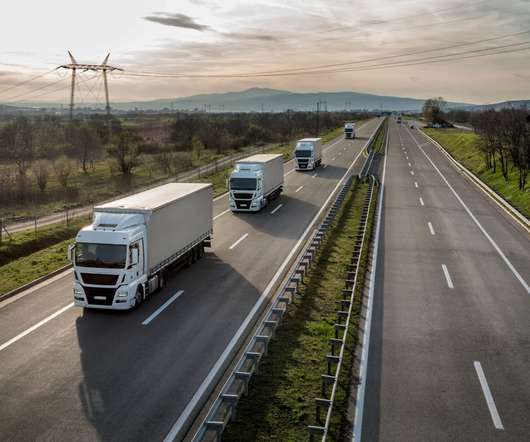






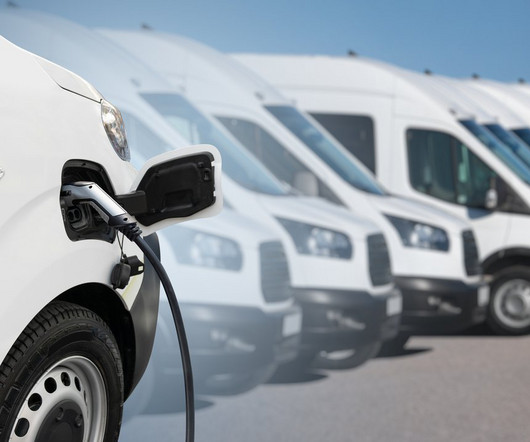


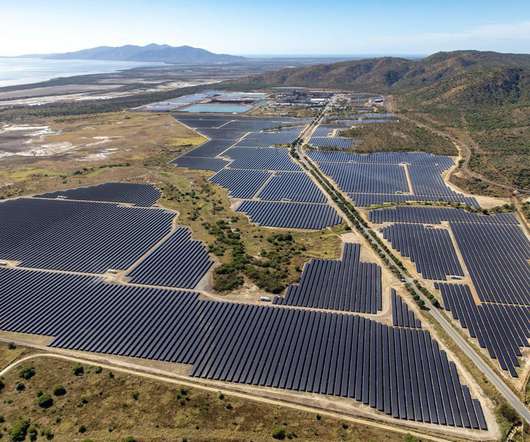
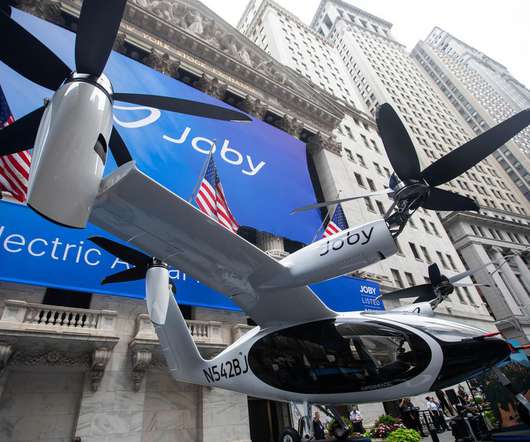


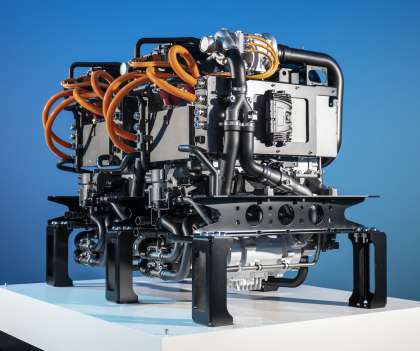










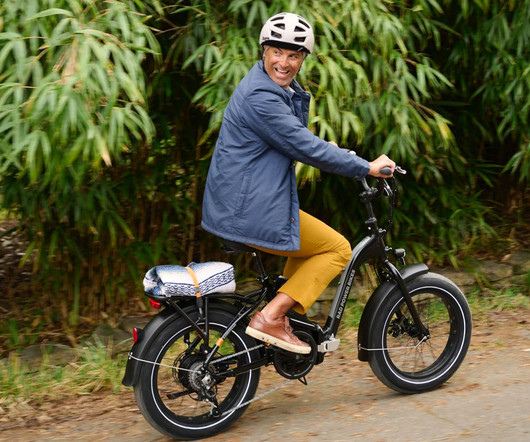









Let's personalize your content